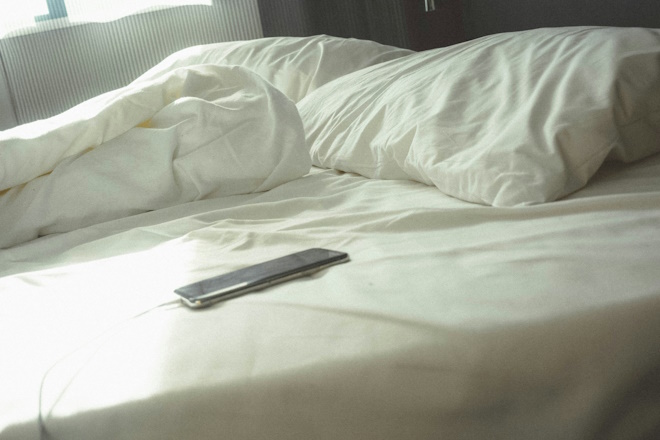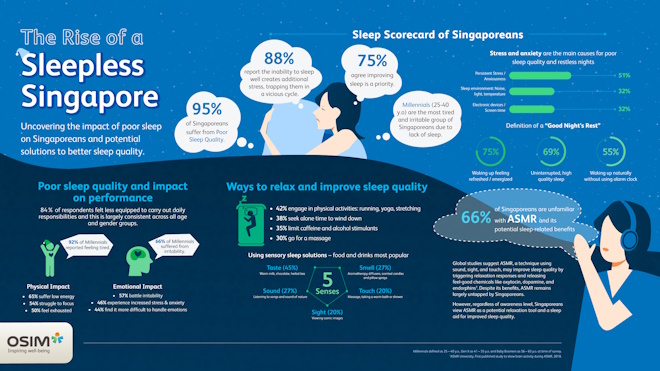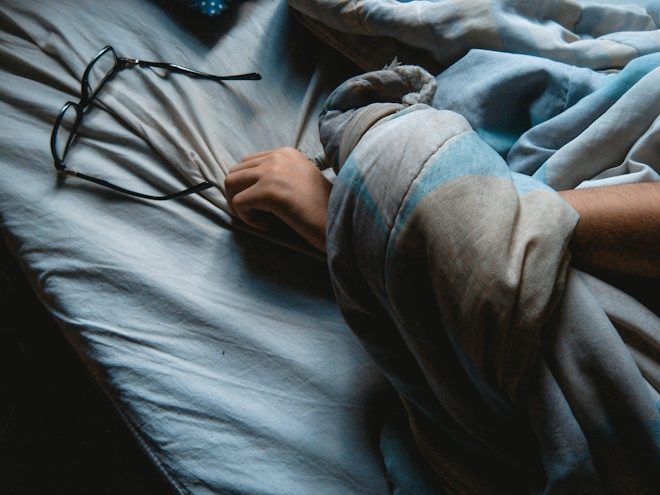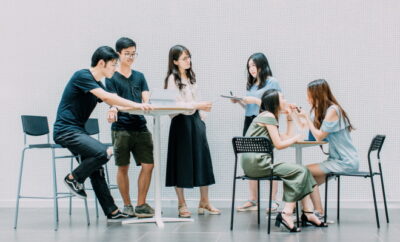
Health x Wellness
Sleepless in Singapore: OSIM Wellness Survey 2023 reveals a sleep crisis
A good night’s sleep is more of a dream than a reality for many Singaporeans, according to this year’s wellness survey by OSIM.
The survey found that a staggering 95 percent of respondents suffer from poor sleep quality, regardless of their sleep duration.
The sleep crisis in Singapore
Despite most respondents (75 percent) clocking in 5 to 7 hours of sleep (or more) each night, the majority wake up not feeling well-rested.
Stress and anxiety top the list of reasons for poor sleep, followed by factors such as sleep environment and screen time before bed.

Other barriers to achieving quality sleep include environmental factors such as noise, light, and temperature, as well as the use of electronic devices at bedtime. Age, mental health issues and the consumption of caffeine, stimulants or alcohol were among other reasons for being sleepless in Singapore.
The OSIM Wellness Survey underscored the detrimental impact of poor sleep on daily life:
- 84 percent of all respondents felt less equipped to carry out daily tasks
- 65 percent suffer from low energy,
- 54 percent struggle to focus
- 50 percent feel exhausted
Millennials emerged as the most sleep-deprived group, experiencing higher levels of tiredness and irritability compared to Gen X and Baby Boomers.
Respondents battled irritability (57 percent), experienced increased stress and anxiety (46 percent), and found it more difficult to manage their emotions (44 percent).
88 percent of respondents across all ages reported that the inability to sleep well created additional stress, trapping Singaporeans in a vicious cycle that is hard to break.

The Importance of quality sleep
Quality sleep is crucial for physical and mental well-being, productivity, and overall quality of life. Poor sleep quality can have far-reaching consequences, undermining our overall health and well-being, impacting our focus, judgement, mood, and even increasing the risk of chronic diseases.
Slightly over half of the respondents (51 percent) identified persistent stress and anxiety as the primary culprit behind their poor sleep, particularly impacting 66 percent of Millennials and 48 percent of Gen X participants. For Baby Boomers, age itself emerged as the main sleep disruptor for 42 percent of participants.
The role of sleep aids and ASMR
Singaporeans have turned to various lifestyle adaptations such as:
- Engaging in physical activity – walking, running, yoga and stretching. (42 percent)
- Seeking alone time to wind down (38 percent)
- Limiting stimulants such as caffeine and alcohol consumption (35 percent)
- Use of massages to help them relax and wind down for a restful night (30 percent)
While 75 percent of respondents acknowledge the importance of quality sleep and have tried sleep aids, consistent use remains an issue.
Sleep aids – sight, sound, smell, touch, and ASMR (Autonomous Sensory Meridian Response) – are not commonly used despite their potential benefits.
ASMR has been documented to facilitate the release of oxytocin in the brain, which triggers relaxation responses. Dopamine and endorphins, feel-good chemicals associated with satisfaction and reward, are also activated through ASMR.
Despite the knowledge gap, 39 percent of all respondents believed in ASMR’s effectiveness as a technique to achieve relaxation and 28 percent said it could improve sleep quality.

The Power of Wellness Tech
Leveraging its digital expertise in Wellness Tech, OSIM is set to introduce a range of sensory sleep features and specially crafted massage programs. These will be integrated with OSIM’s suite of well-being solutions in the coming months.
These Sleep Solutions represent the latest innovations among OSIM’s ecosystem of Wellness Tech products and solutions. They empower customers with the means to measure, monitor, and effectively manage their well-being.
The goal? To help individuals feel good, stress less, sleep better, and live healthier and happier lives.
Infographic provide by OSIM
Photo by Doğukan Şahin on Unsplash Photo by Matheus Vinicius on Unsplash









